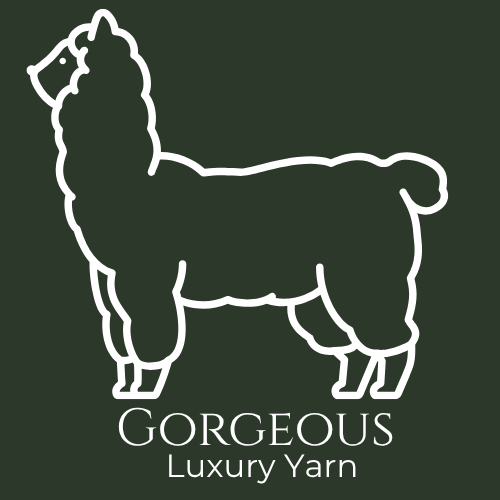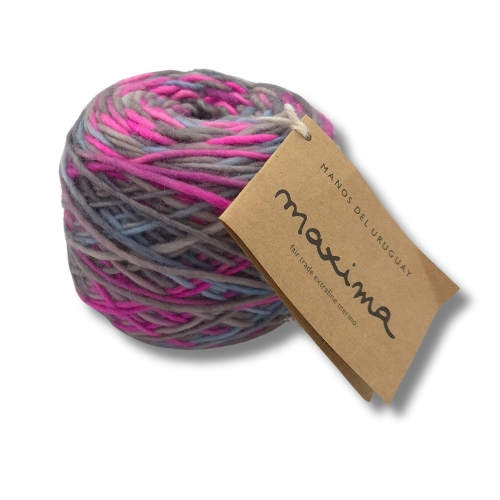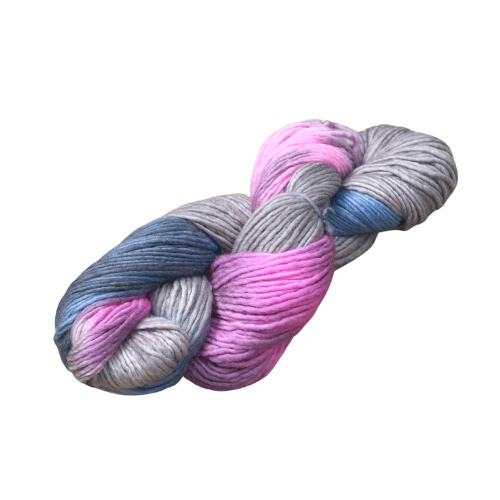Manos Maxima - Marie Antoinette
Manos Maxima - Marie Antoinette
Addons
-
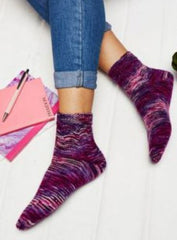
Pattern for Antigua Socks for Manos Alegria Yarn
Regular price £0.00Sale price £0.00 Regular priceUnit price / per -
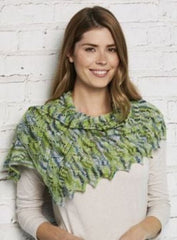
Pattern for Garden Shawl for Manos Alegria Yarn
Regular price £0.00Sale price £0.00 Regular priceUnit price / per -
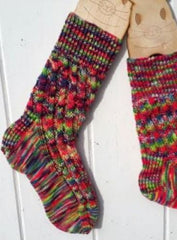
Pattern for Hurlers Socks for Manos Alegria Yarn
Regular price £0.00Sale price £0.00 Regular priceUnit price / per
Couldn't load pickup availability
 100% Secure payment
100% Secure payment
Free shipping on orders over £35
Returns accepted for 90 days
Shipment in 12-48 hours
Special Offer - hanks have been pre-would for you
- Weight: Worsted
- Needle size: 5.00mm (UK 6 / US 8)
- Popular: Hand Dyed
- Care instructions: Cool Hand Wash
- Blend: 100% Extra Fine Merino
- Length: 200m (219yds) per 100g skein
- Yarn tension: 18-20 sts in 10cm
Yarn Weight | Worsted
Needle size | 4-5mm / US 6-8
Tension | 18-20 stitches over 10 cm / 4 inches
Care instructions: Cool Machine Wash 30 degC
Need more information?
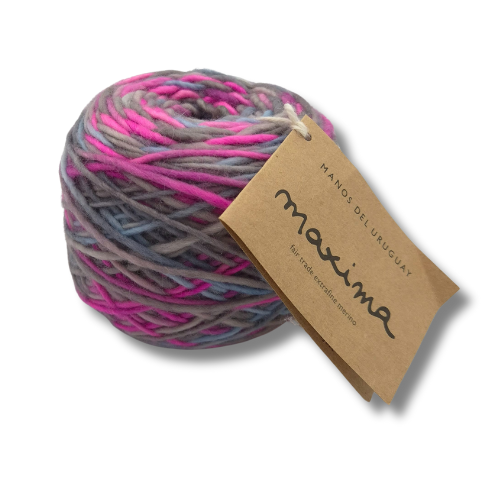
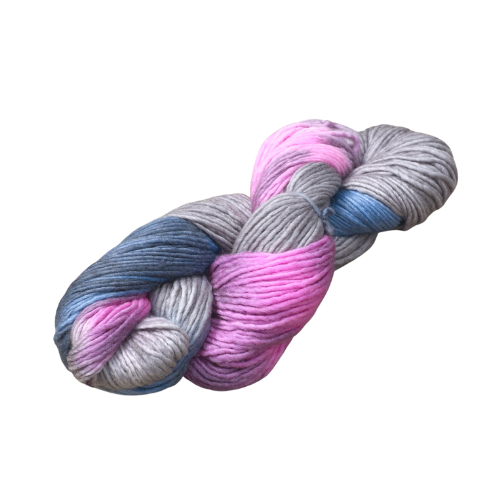

WTO Fair Trade
Superwash
Less Chemicals
Stain Resistant
No Ironing

WTO Fair Trade
Superwash
Less Chemicals
Stain Resistant
No Ironing

WTO Fair Trade
Superwash
Less Chemicals
Stain Resistant
No Ironing

WTO Fair Trade
Superwash
Less Chemicals
Stain Resistant
No Ironing
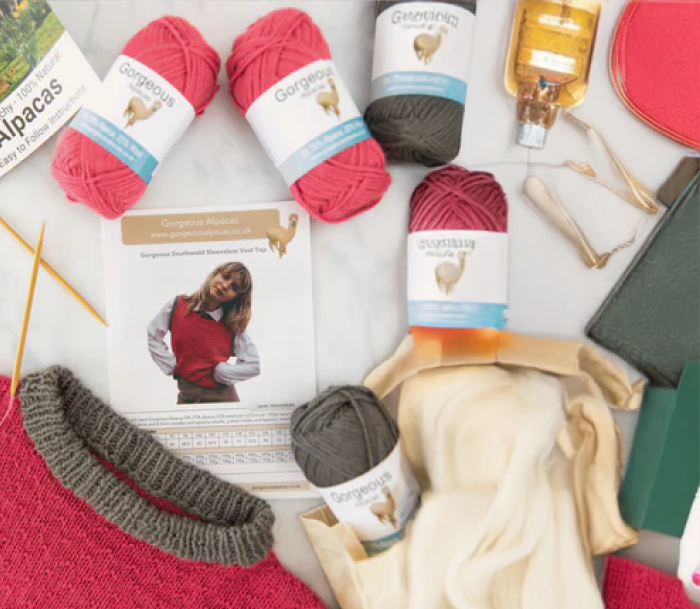
Pick your Pattern
Unlock Your Creative Potential with a great range of patterns matched with divine yarn in vibrant colours and How To videos for the stitches.
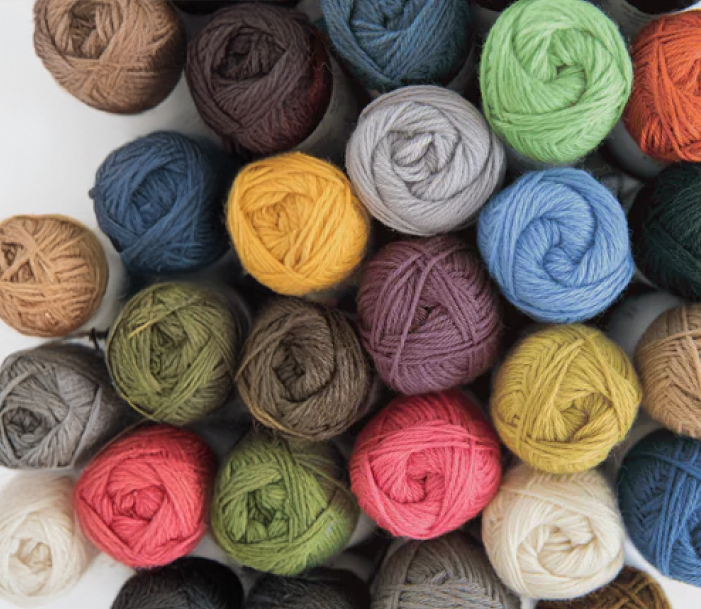
Choose your Colours
Unlock Your Creative Potential with a great range of patterns matched with divine yarn in vibrant colours and How To videos for the stitches.
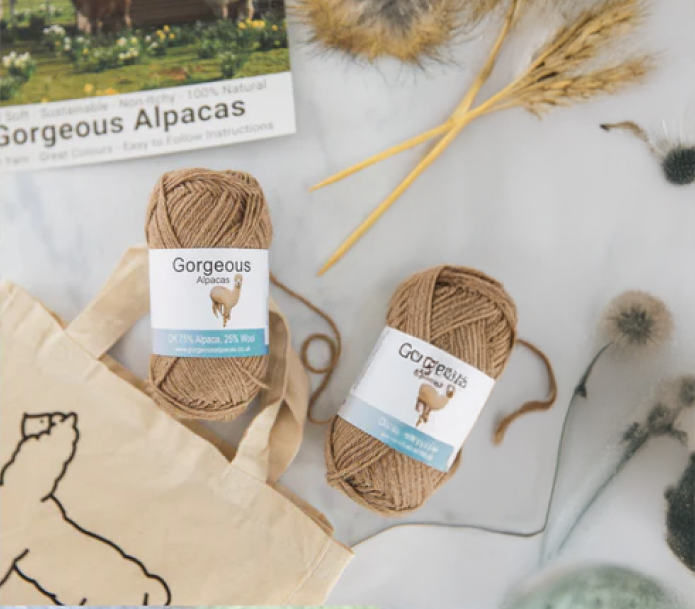
Receive your Kit
Unlock Your Creative Potential with a great range of patterns matched with divine yarn in vibrant colours and How To videos for the stitches.

Create your Unique Home Knit
Unlock Your Creative Potential with a great range of patterns matched with divine yarn in vibrant colours and How To videos for the stitches.
Frequently Asked Questions
Natural fibers are biodegradable and decompose naturally, unlike synthetic fibers, which take over 200 years to degrade. During this time, they contribute to landfill waste, release greenhouse gases, and leach toxic chemicals into the environment.
Alpaca material is stain-resistant, which means that it needs less washing and is less likely to get ruined by stains … and alpaca is stain-resistant without having chemicals and coatings added to it to make it so.
Sustainable Fashion Story
Alpaca yarn is naturally wrinkle-resistant, eliminating the need for ironing and reducing energy consumption. This helps lower carbon emissions, with ironing estimated to produce 190 kg of CO₂ per person annually.
Unlike sheep and goats, alpacas graze sustainably by trimming grass instead of uprooting it. This allows the grass to regrow naturally, preserving the soil and supporting healthy ecosystems.
